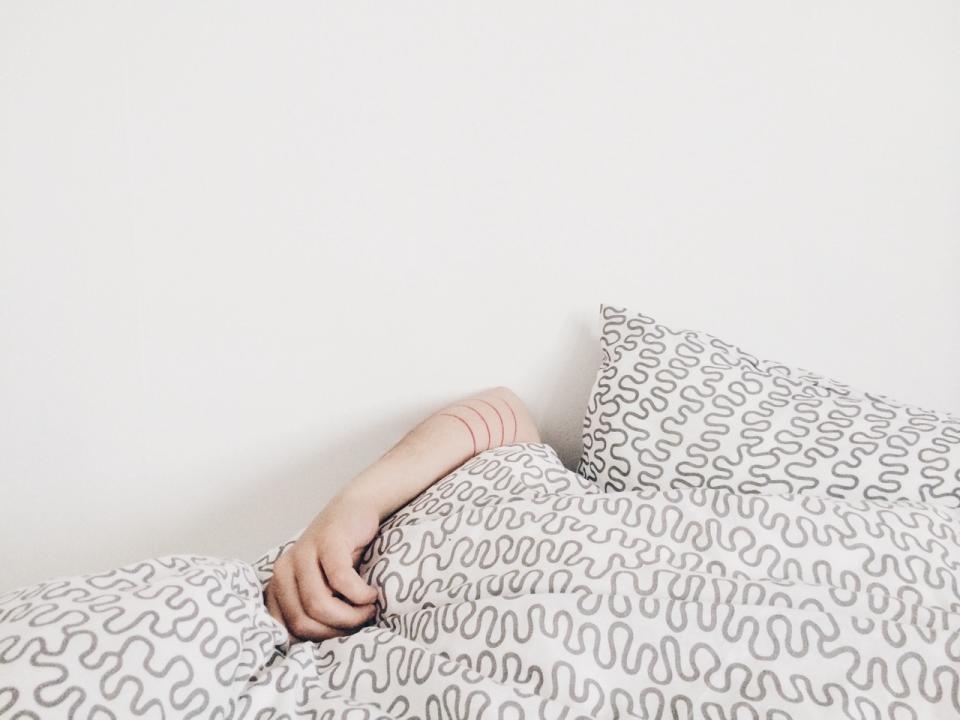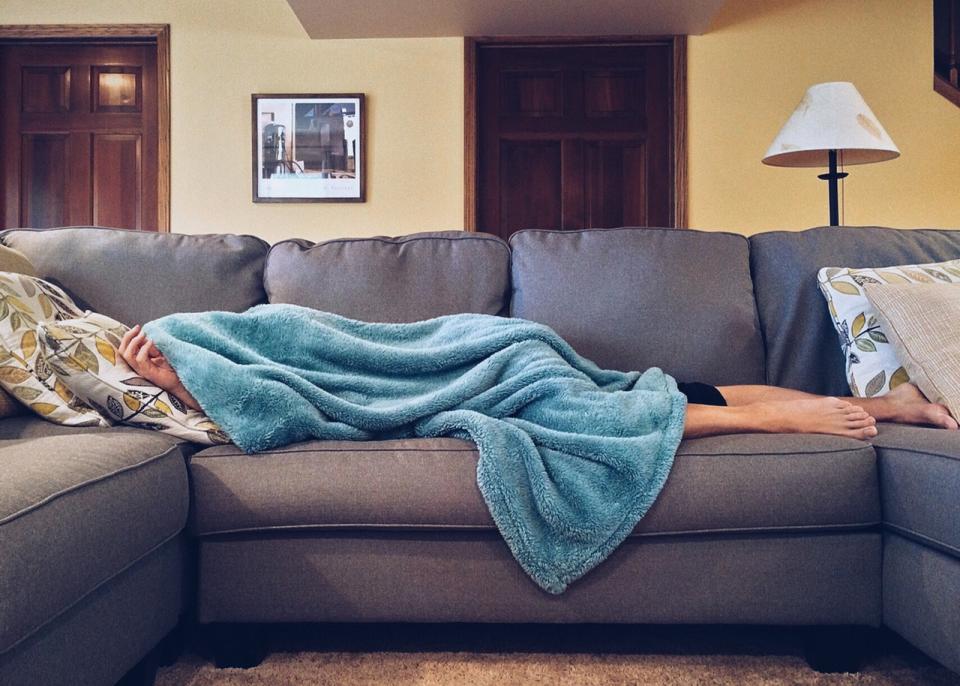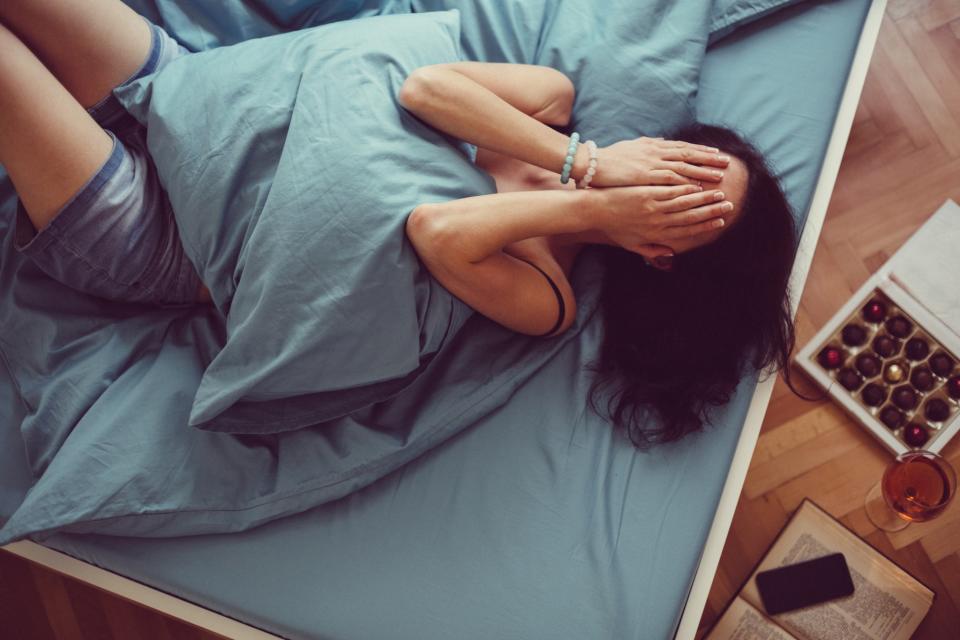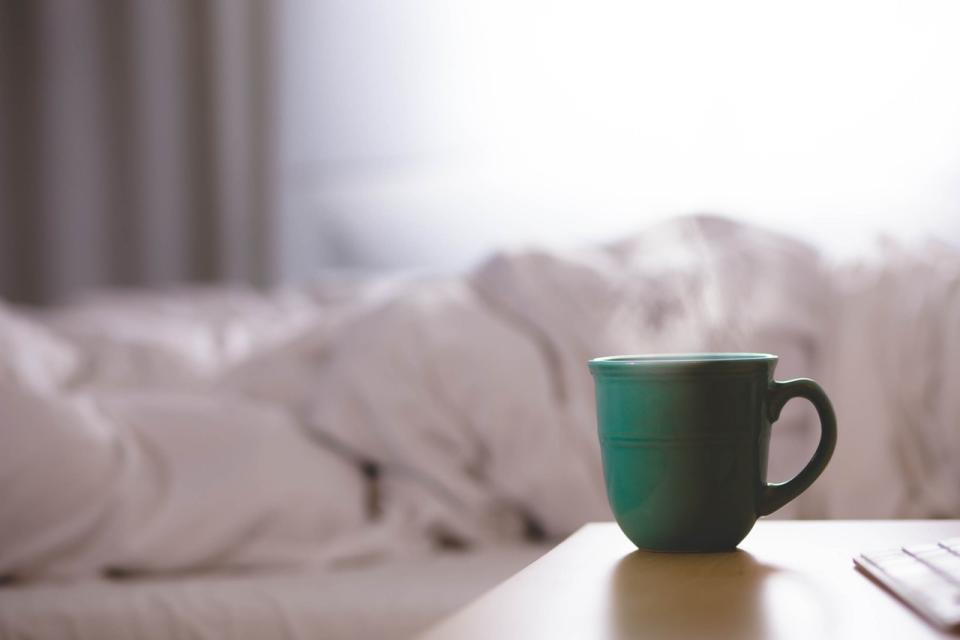Sleep disorders in adults: Breathing, coping and everything you need to know
For many people, going to bed is the metaphorical cherry on the day’s cake. A chance to drift off into blissful slumber and catch up on some much needed ZZZs. But for those who suffer with sleep disorders, bedtime can be a frustrating and fruitless time to fear.
Whether it’s struggling to fall asleep, struggling to stay asleep or even struggling to breathe while asleep, the troublesome world of sleep disorders is a something that’s experienced by thousands of people across the UK and, worryingly, it’s on the rise.
According the BBC, the number of tests carried out by the NHS to diagnose people with sleep disorders across England has doubled in the past decade.
NHS data shows that 147,610 sleep diagnostic tests were carried out last year – compared with 69,919 in 2007-08.
The tests are commonly designed to identify the most popular sleep disorder ‘sleep apnoea’, which is a scary condition that causes breathing problems during sleep. But, they are also being used for other conditions, such as sleep walking and sleep talking, or people engaging in violent acts during their slumber. Scary stuff.
So why the sudden increase in sleep disorder testing?
Experts believe the rise could be attributed to a greater sense of public awareness and understanding about health problems and mental health problems that could arise due to lack of sleep.
“Insomnia is a critical public health issue,” explains Hope Bastine, SIMBA Sleep’s resident psychologist. “Invariably this places a burden on the NHS.”
“There has been a recent rise in research investigating insomnia causes and treatments as clinicians are recognising the significance of adequate sleep on mental health conditions. In fact, most conditions have insomnia as a symptom. Such research has caused a shift in the way diagnoses are now reached.”
Of course getting an accurate diagnosis of the sleep disorder you’re suffering from can mean starting on a treatment path, which will hopefully lead to a proper night’s kip.
“If you are concerned you have a sleeping problem, you need to got to your doctor who will either refer you to a specialist and/or give you an assessment and a brief questionnaire: Insomnia Severity Index,” advises Hope Bastine.
“A physical examination will rule out physical disorders that mimic Insomnia. You will then need to complete a sleep diary to identify your sleep patterns.”
Hope says that from your sleep diary, a personalised treatment plan will be formulated. “This may involve pharmacotherapy (for short-term use only unless a pathology is identified); and you will be referred for cognitive behaviour therapy for insomnia (CBT-I) – involving sleep hygiene education, which means creating a comfortable sleeping environment (you should change your bed at least every 9 years) and relaxation techniques such as mediation and addressing distorted thinking and creating a sleep ritual.”
Regardless of the nature of your sleep disorder, it’s likely that sleep deprivation is having some pretty serious knock-on effects, not to mention negatively impacting your overall wellbeing, both physical and mental.
So if bedtime has turned into a battle zone, it’s worth familiarising yourself with our quick-look guide to the various different sleeping disorders because the quicker you recognise your sleep problem, the quicker you can get it sorted.
Follow us on Instagram and Facebook for non-stop inspiration delivered fresh to your feed, every day. For Twitter updates, follow @YahooStyleUK.
Read more from Yahoo Style UK:
9 sneaky signs you’re not getting enough sleep
How the way you sleep reflects your relationship
10 surprising ways lack of sleep can affect your body









